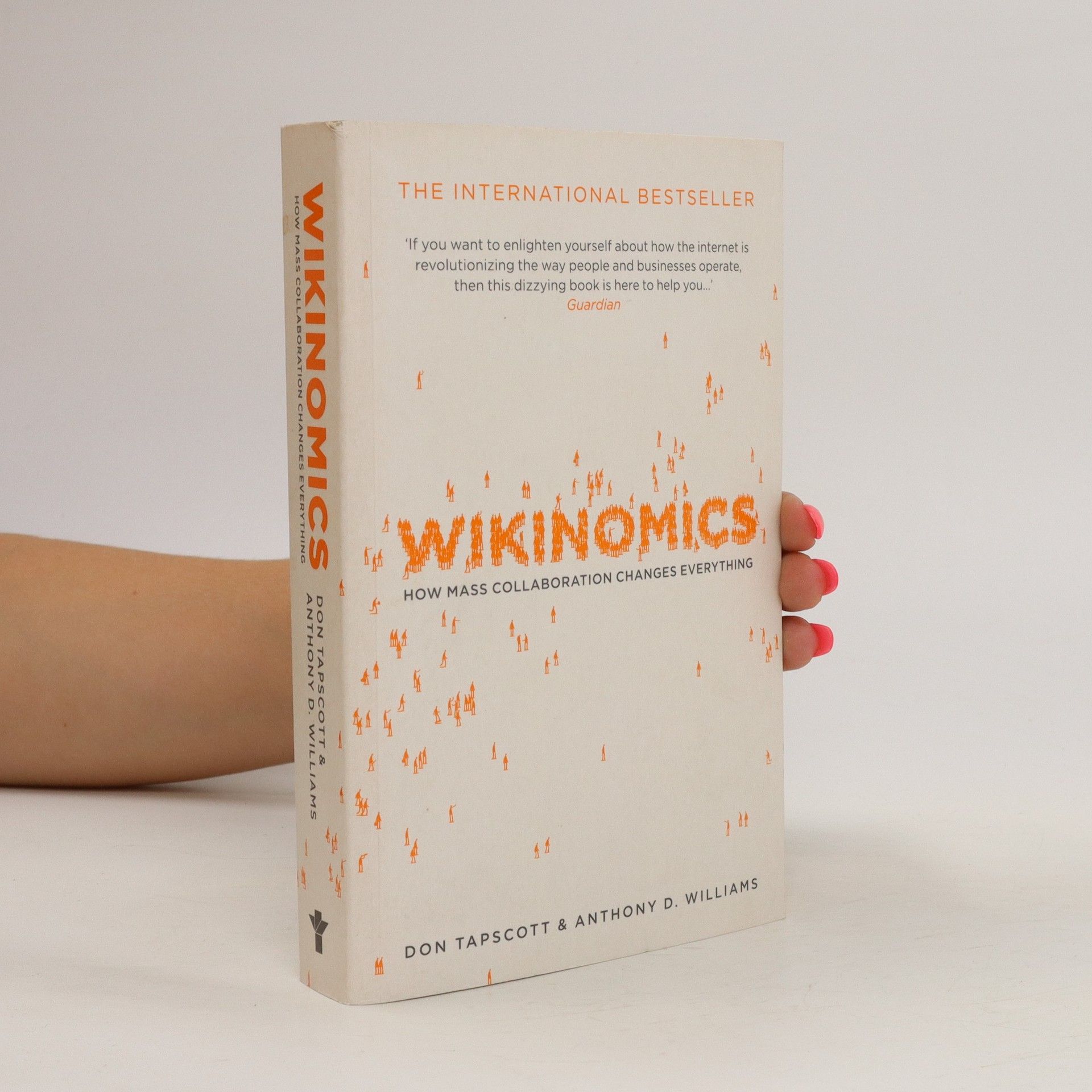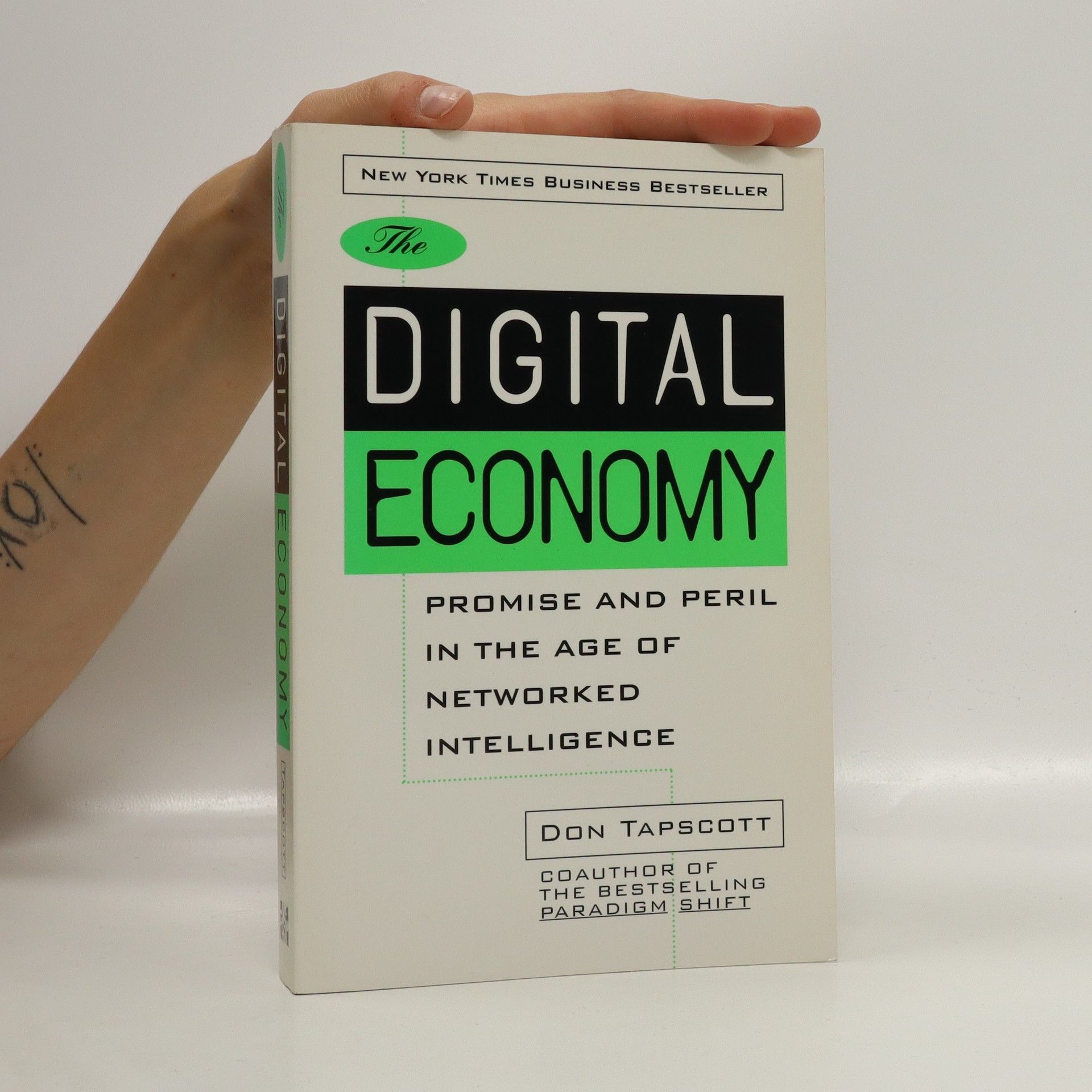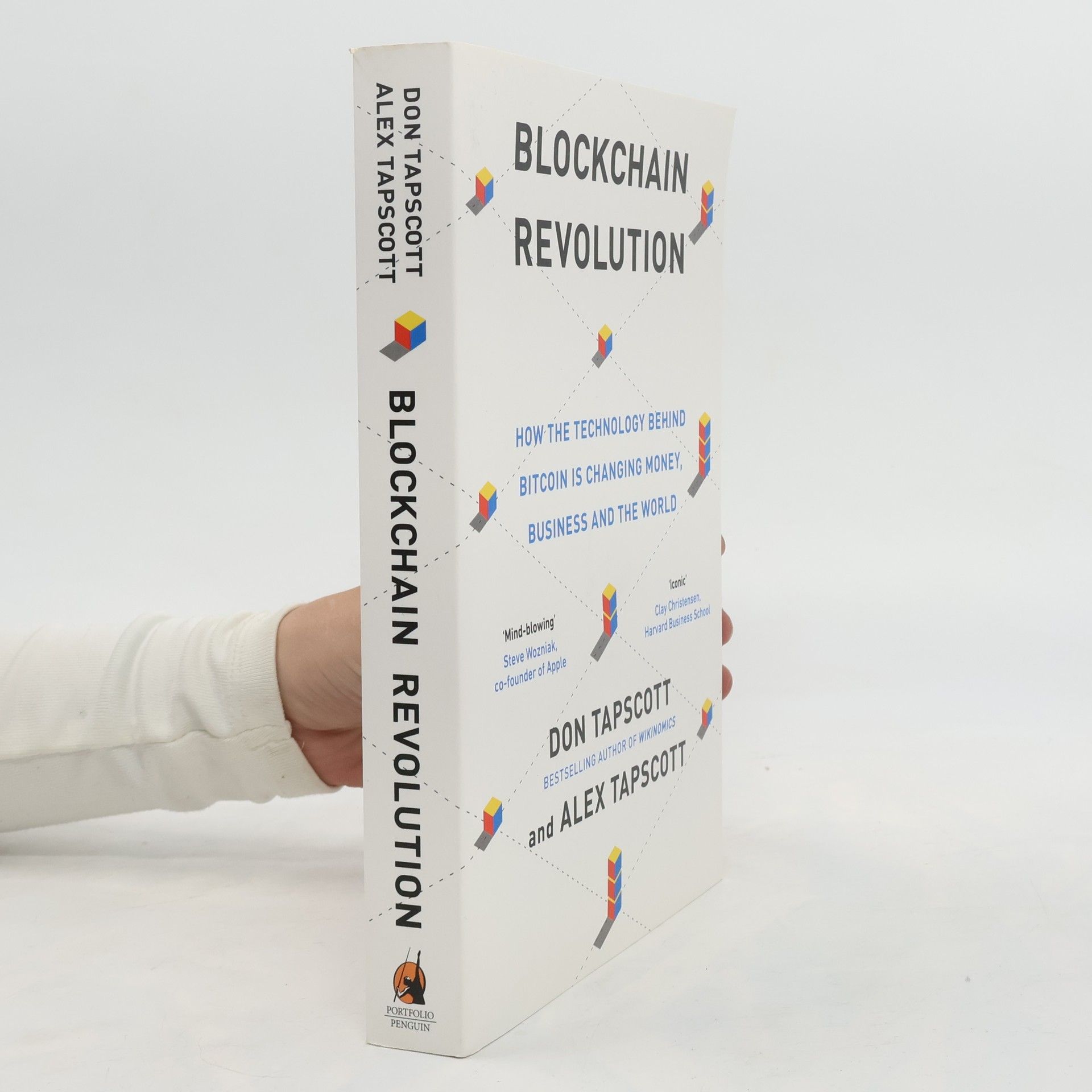In 'Wikinomics' the authors showed how the Internet changed the way the very smartest business managers think about structures and strategies. Now, in 'MacroWikinomics', they demonstrate how this revolution in thinking can fix a broken world.
Don Tapscott Libros
Don es una autoridad mundial líder en innovación, medios de comunicación y el impacto económico y social de la tecnología. Su trabajo examina profundamente el poder transformador de Internet, introduciendo conceptos clave como la 'brecha digital' y la 'Generación Net'. Sus análisis de la colaboración masiva y un planeta conectado ofrecen profundas perspectivas sobre los desafíos y oportunidades de nuestro tiempo.

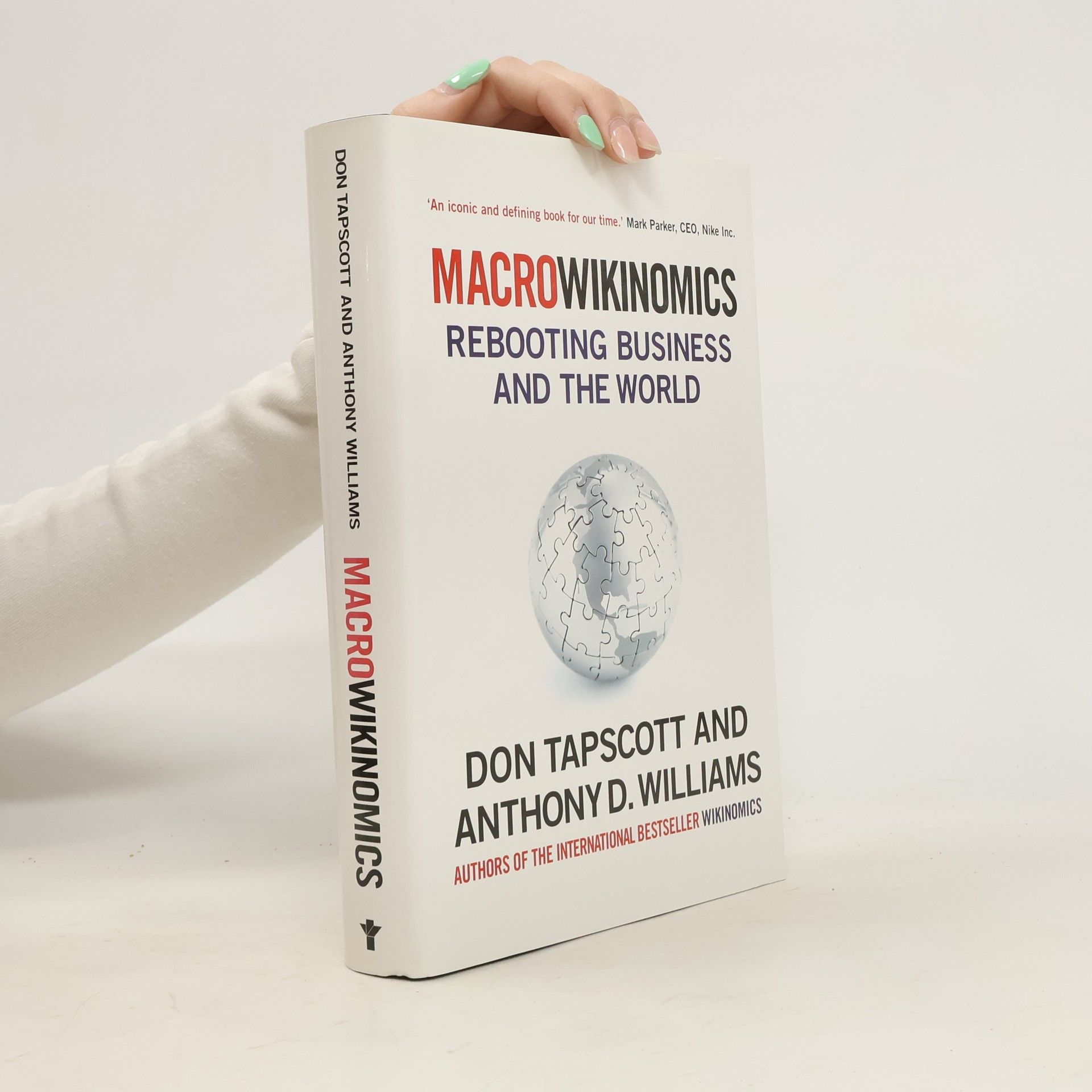


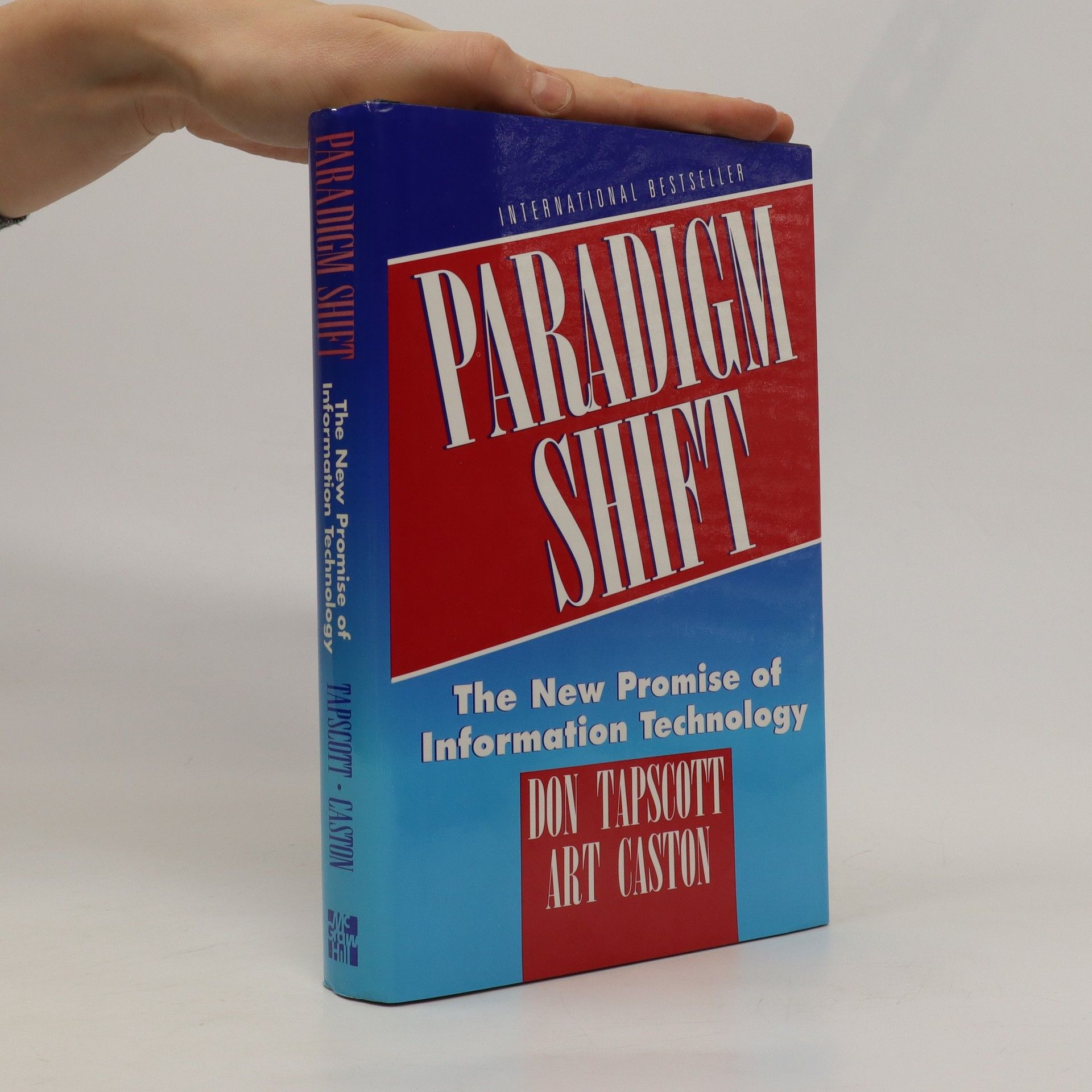

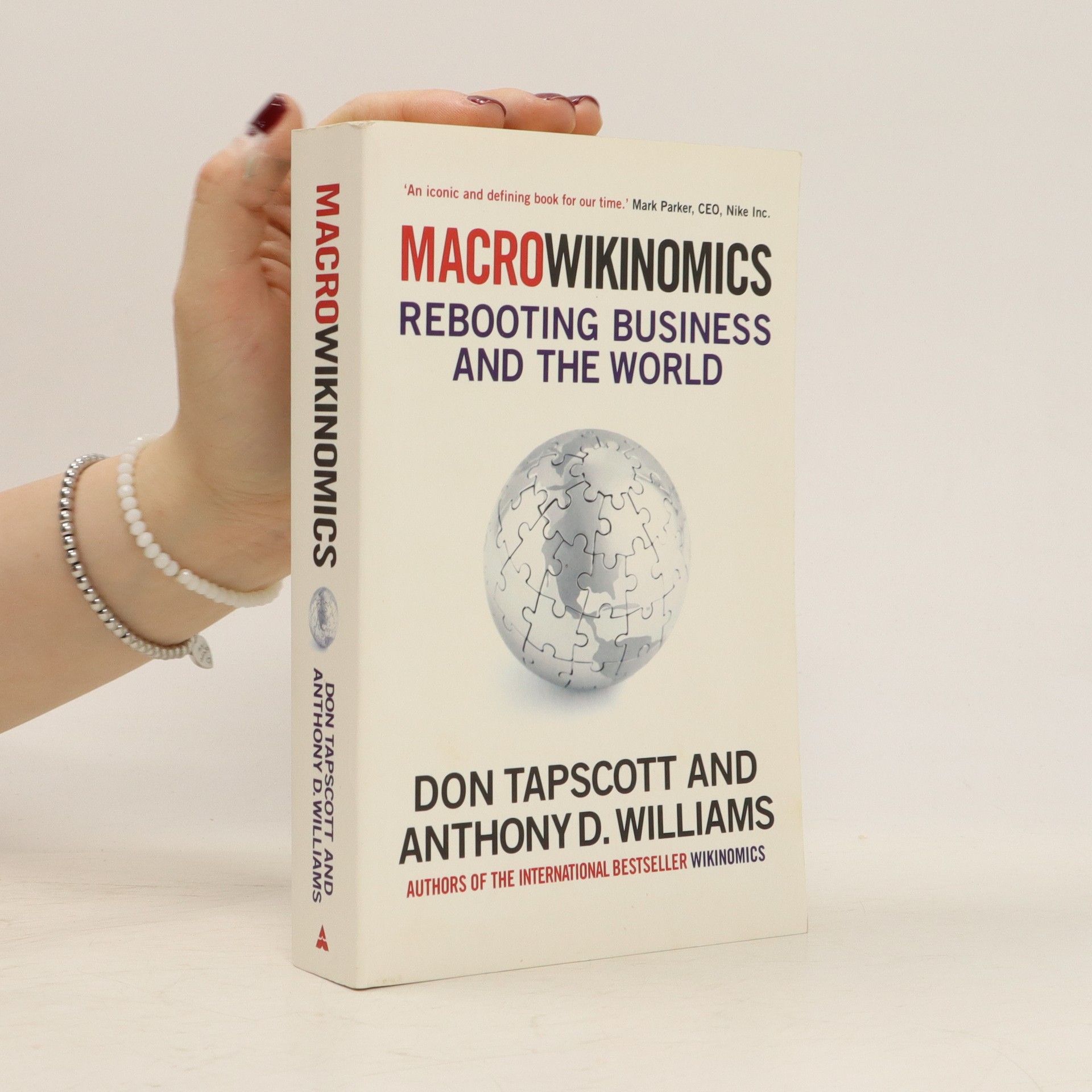
Supply Chain Revolution: How Blockchain Technology Is Transforming the Global Flow of Assets
- 288 páginas
- 11 horas de lectura
The COVID-19 pandemic has exposed vulnerabilities in global supply chains, leading to significant loss of life and economic disruption. Manufacturers struggled to find new suppliers when Asian sources shut down, resulting in widespread shortages of essential goods. Blockchain technology offers a solution to mitigate such disruptions. This book features insights from leading experts on how blockchain, alongside innovations like additive manufacturing, artificial intelligence, and the Internet of Things, can tackle persistent issues that slow down and complicate the delivery of goods, particularly during crises. Current supply chains rely on a complex web of documents and intermediaries, obscuring the status and custody of goods. This lack of clarity can lead to consumer panic, as seen with toilet paper shortages during the pandemic. Blockchain, known as the Internet of Value, allows for digital peer-to-peer management and trading of assets, promising to revolutionize global commerce. It will enhance operations, logistics, procurement, transportation, customs, trade finance, manufacturing, and inventory management. The book outlines what leaders must do now to prepare for a decentralized future, offering valuable ideas for executives and entrepreneurs to engage with stakeholders and embrace the blockchain revolution.
Paradigm Shift
- 288 páginas
- 11 horas de lectura
Organizations are striving to reinvent themselves in response to today's volatile global business environment, but existing computing systems often hinder this transformation. These systems are limited, costly, and slow to adapt. This book outlines how a new era of technology can facilitate the transition to a more effective enterprise. It offers guidance for managers and professionals, regardless of technical expertise, on how to leverage technology for immediate benefits while positioning their organizations for long-term success. Based on extensive investigations of over 4,500 businesses and government entities, the text synthesizes the experiences of leading companies navigating this transition. It highlights the potential of new technology to create open, networked "client/server" enterprises, impacting various aspects of business operations. Key topics include work-group computing, business process reengineering, and enterprise computing, all aimed at fostering high-performance teams and enhancing integration with customers and partners. The book discusses significant shifts in information technology, such as the movement from proprietary to open systems, host-based to network-based systems, and software craft to manufacturing. Most importantly, it provides critical insights on successfully transitioning to a second-era enterprise, drawing on real-world examples from notable companies like Toys 'R' Us and Federal Expr
Blueprint to the Digital Economy
- 410 páginas
- 15 horas de lectura
Shows examples of how network and multimedia technology is affecting business
Growing Up Digital
- 338 páginas
- 12 horas de lectura
Describes the ways in which the children who are growing up and being educated in an environment heavily influenced by the Internet will set the political, economic, and cultural agenda as adults
MacroWikinomics. Rebooting Business and the World
- 424 páginas
- 15 horas de lectura
Evaluates the ways in which the global marketplace has significantly changed in recent years, revealing how wikinomics philosophies can be applied to everything from government and finance to education and health care.
Translated into more than 20 languages and named one of the best business books of the year by reviewers around the world, "Wikinomics" has become essential reading for business people everywhere as it explains how mass collaboration is happening not just at Web sites but at traditional companies.
The Digital Economy
- 342 páginas
- 12 horas de lectura
Looks at how the Internet is affecting businesses, education, and government, touching on the twelve themes of the new economy and privacy issues
MAJORLY EXPANDED WITH NEW MATERIAL ON CRYPTOASSETS, ICOs, SMART CONTRACTS, DIGITAL IDENTITY AND MORE The definitive book on how the technology behind bitcoin and cryptocurrency is changing the world. Blockchain is the ingeniously simple technology that powers Bitcoin. But it is much more than that, too. It is a public ledger to which everyone has access, but which no single person controls. It allows for companies and individuals to collaborate with an unprecedented degree of trust and transparency. It is cryptographically secure, but fundamentally open. And soon it will be everywhere. In Blockchain Revolution, Don and Alex Tapscott reveal how this game-changing technology will shape the future of the world economy, dramatically improving everything from healthcare records to online voting, and from insurance claims to artist royalty payments. Brilliantly researched and highly accessible, this is the essential text on the next major paradigm shift. Read it, or be left behind.
Blockchain Revolution
- 348 páginas
- 13 horas de lectura
The technology likely to have the greatest impact on the future of the world economy has arrived, and it's not self-driving cars, solar energy, or artificial intelligence. It's called the blockchain. The first generation of the digital revolution brought us the Internet of information. The second generaƯtion-powered by blockchain technology-is bringing us the Internet of value: a new, distributed platform that can help us reshape the world of business and transform the old order of human affairs for the better. Blockchain is the ingeniously simple, revolutionƯary protocol that allows transa.
